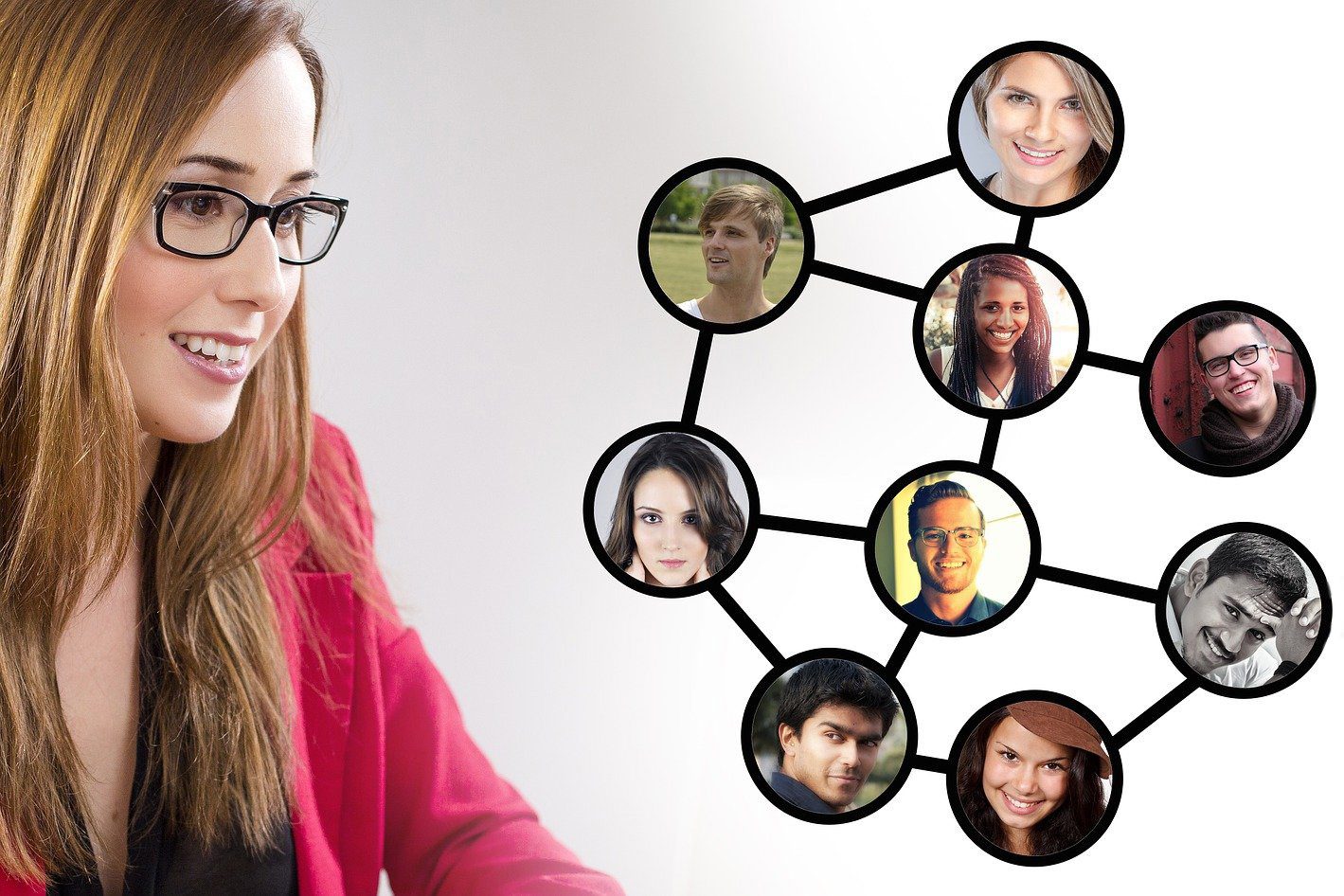Trends in HR – ESG Metrics
The British public now demands that companies take a leading role in the environmental and societal challenges the world faces today. Communicating positive actions in the social sphere to the public can impact the performance of any organisation.
Our partner UKG recently highlighted the importance of ESG Metrics (environmental, social and governance metrics) in their 2022 HR Megatrends report. “Organisations will eventually be held accountable and required to perform mandatory, audited, and transparent reporting on ESG” concluded the report, predicting a reckoning that goes beyond feel good marketing campaigns.
The public now demands that companies take a leading role in the environmental and societal challenges the world faces today. Doing so in a meaningful way and communicating positive actions to the public can impact the performance of any organisation.
So how is ESG defined and what are the important cornerstones? Companies are increasingly turning to measuring performance using ESG metrics. Some examples are DEI&B (diversity, equity, inclusion and belonging), climate change and mental health. Publicizing these results can be good for the public image but also important for internal reasons such as job satisfaction and employee turnover. ESG metrics can be used in a competitive sense to compare performance with other companies. We discuss two important ESG metrics HR departments might focus on and how org charts can be used to visualise and plan.
Diversity, Equity, Inclusion and Belonging
One important metric that has justifiably risen to prominence in recent years is DEI&B. The case for ethnic diversity and inclusion at all levels of any company can easily be made. A 2020 report from global consulting agency McKinsey showed that companies that create action and follow through with diversity initiatives are financially out performing their competitors. But creating plans and following through to shape ethnically diverse organisations goes beyond a better bottom line. A workforce with individuals from a host of backgrounds leads to a broader range of experiences that give way to innovations and deeper insights.
Keeping the focus on inclusion became even more important in the wake of a pandemic where broad industries saw shifts in their operations and means of communication. Biases and exclusive behavior might have become more reinforced working in isolation. Lines of communication, already difficult while working side-by-side with someone, were likely to become more difficult as teams and employees adapted to working remotely.
After two tumultuous years of workplace change, creating an org chart to launch a reset of the company’s DEI&B focus can be a good first step. Org charts give a bird eye view of the workforce’s diversity metrics and highlight any areas for improvement where meaningful programs might make an impact.

OrgChart chart showing the breakdown of ethnicity for each manager of an organisation
Emotional Wellness
Supporting the mental health of employees, aside from just being the right thing to do, makes good business sense. Researchers estimate that 36 million workdays are lost each year in the US due to behavioral health disorders, costing employers about $5 billion annually. The mental health issues most strongly affecting this decrease in productivity are major depression, social phobia, and alcohol abuse. Issues no doubt exacerbated by the pandemic and its associated stress and isolation.
Many companies have made positive strides to address this crisis in mental health with a variety of events, forums and resources. Talks At Google often feature world-renowned psychotherapists, mindfulness teachers and wellness experts and are later made accessible to all through video recordings. Genentech gave Headspace, an app which leads people through therapeutic guided meditations, to all of its employees. Companies everywhere are beginning to prioritise mental health as an integral part of employee culture. Measures that focus on the whole person like flex hours, telecommuting, even choice of office furniture or plants along with job satisfaction surveys and regular, effective appraisals and reviews have become commonplace. Steps such as group sessions with mental health professionals and the subsidizing of services such as therapy bills, life coaching and even massages are being added.
Of utmost importance is measuring the effectiveness and uptake of these mental health initiatives. Analyzing the EAP (employee assistance programs) that help with addictions and coping problems help companies learn what types of plans are being overlooked and assess overall costs. OrgChart’s Employee Benefit Participation charts can be used by managers to review the benefits employees use and potentially recommend or highlight additional programs that might improve well being.

OrgChart showing Health Benefit Enrollment at the individual and manager levels
Talk to our experts about setting up a DEI&B or Employee Benefit Participation chart to better assess your company’s diversity or mix of wellness offerings by, requesting a free trial of OrgChart software today.
References:





